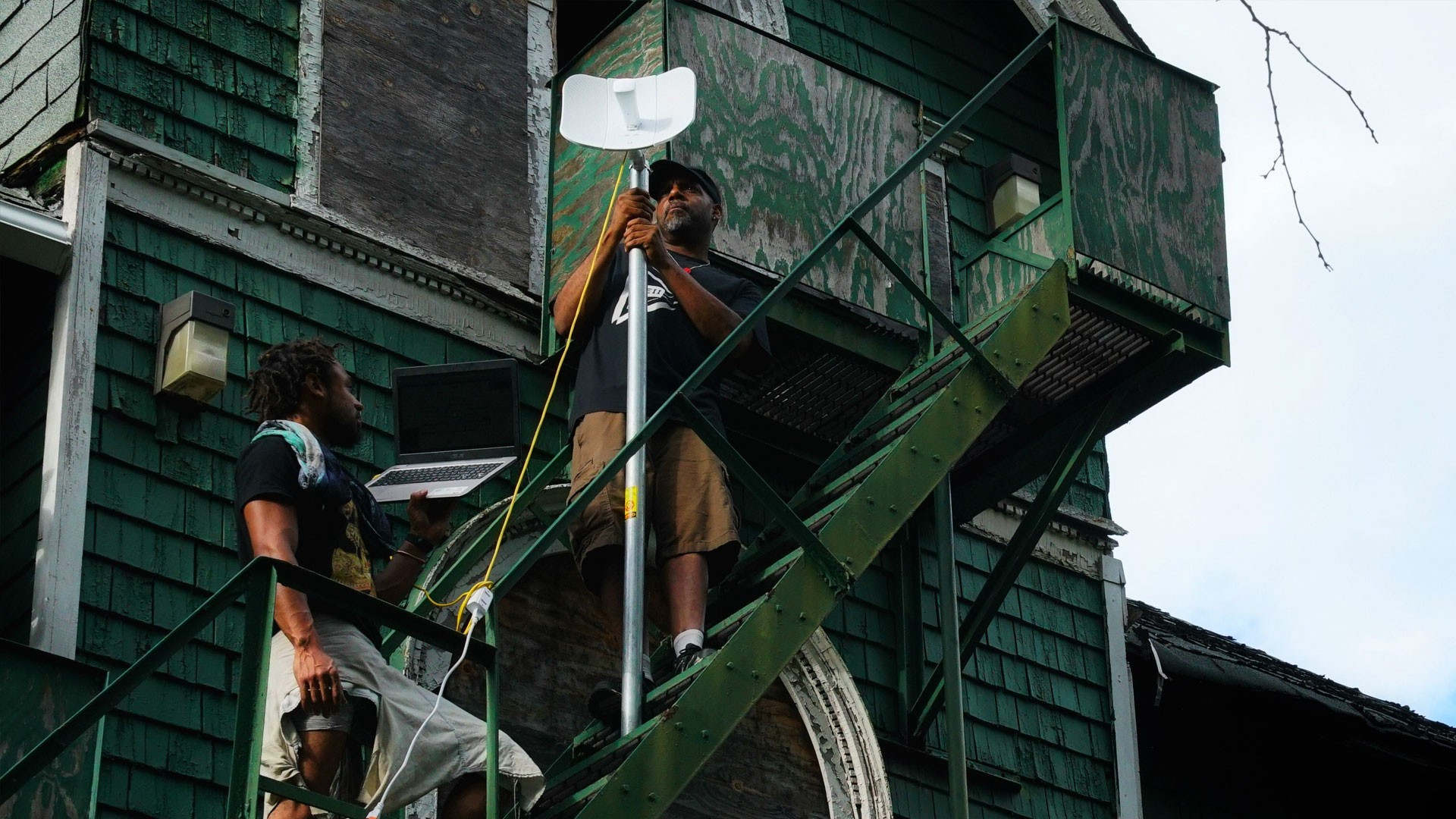Image: David Paul Morris/Getty Images via Bloomberg
Thursday, Facebook CEO Mark Zuckerberg told the New York Times that the social network will revamp its news feed to emphasize “meaningful interaction” between friends and family. As a result, the news feed will significantly decrease the number of posts you’ll see from news outlets such as Motherboard.Good.This move has been long-rumored, and has been looked at by many in the industry as an incoming algorithmic apocalypse that will have far-reaching impacts on the bottom lines and ultimate survival of outlets whose readers find them through Facebook. But my hope is that we’ll come out of this with a healthier news media.For the last few years, the articles much of the news industry publishes—and even the formats they publish in—have been dictated by the whims of a tech giant that seems to have more interest in experimenting with its algorithm than serving its own users, let alone the readers of third party media companies. As advertisers left traditional media companies for the promise of targeted ads on Facebook (and Google), news outlets were forced to align themselves closely with their biggest existential threat.Entire business models have risen and fallen with Facebook’s tweaks to its opaque algorithm: First, companies chased Facebook virality, regardless of the content of their articles; then, they made videos specifically to chase engagement on Facebook’s newsfeed; then, Facebook prioritized live videos, which, in one case led to a Washington Post journalist literally eating his newspaper article on camera (later, the company would pay media companies to make these videos, a program it quickly dropped). Serious reporting and journalism became “content” subject to A/B testing and paid promotion. Small changes to the news feed would make the views on our articles rise and fall; analytics experts in the industry would ask other outlets: “Is everyone getting screwed by Facebook, or just us?”In the end, Facebook didn’t care about media companies. Faced with perhaps its first ever existential crisis—the weight of being considered a “media company,” and all the responsibilities that come with it, including being blamed for the rampant spread of “fake news,” a Russian psyops campaign, and the tampering of a US election—Facebook has decided it’s not cut out for the news business.In the long term, this is good. For all of us. First, it is a personal relief. I hope that I nor any other journalist will have to care for one second longer about Facebook’s news feed. More importantly, journalism that is engineered to be viral, to be liked or picked by an algorithm is not journalism, it’s marketing. A news media whose existence relies on a centralized portal is subject to the whims of that portal. And a society that relies on a centralized portal to get its news may very well be doomed. My hope is that Facebook is not as important as everyone thinks, it's just where people happen to be on the internet right now.At the moment, Facebook is a major traffic source for Motherboard (as is the case for many news outlets). In the short term, Facebook’s move will certainly hurt Motherboard.We have cut our longform documentaries into two-minute videos on Facebook, we have made Facebook Live videos, we have paid Facebook to make sure that our fans actually see them (once, my mom asked why Motherboard stopped using Facebook. We hadn’t, but for months Facebook didn’t show a Motherboard article on her news feed even though she “likes” the page.)But we have had the good fortune of having an editorial team, business team, and company that have always believed that the only reason to be in this line of work is to tell the stories we think are important to our readers and to us. Even though we have played the Facebook game, we have not fundamentally changed what we are as a publication, what we care about, or compromised on quality. We have not lost sight of what’s important: That our work serves our readers.We write stories that we care about, and people read them because they care about them too. We have found over time that our most popular stories—on Facebook and elsewhere—are the ones we spend the most time on, the ones you can’t find anywhere else, the ones where we put the most effort, resources, and attention. Your favorite stories are our favorite stories, too. Our hope has always been and always will be that our work is serving our readers, and that it will find an audience regardless of where it comes from.
Advertisement
Advertisement

